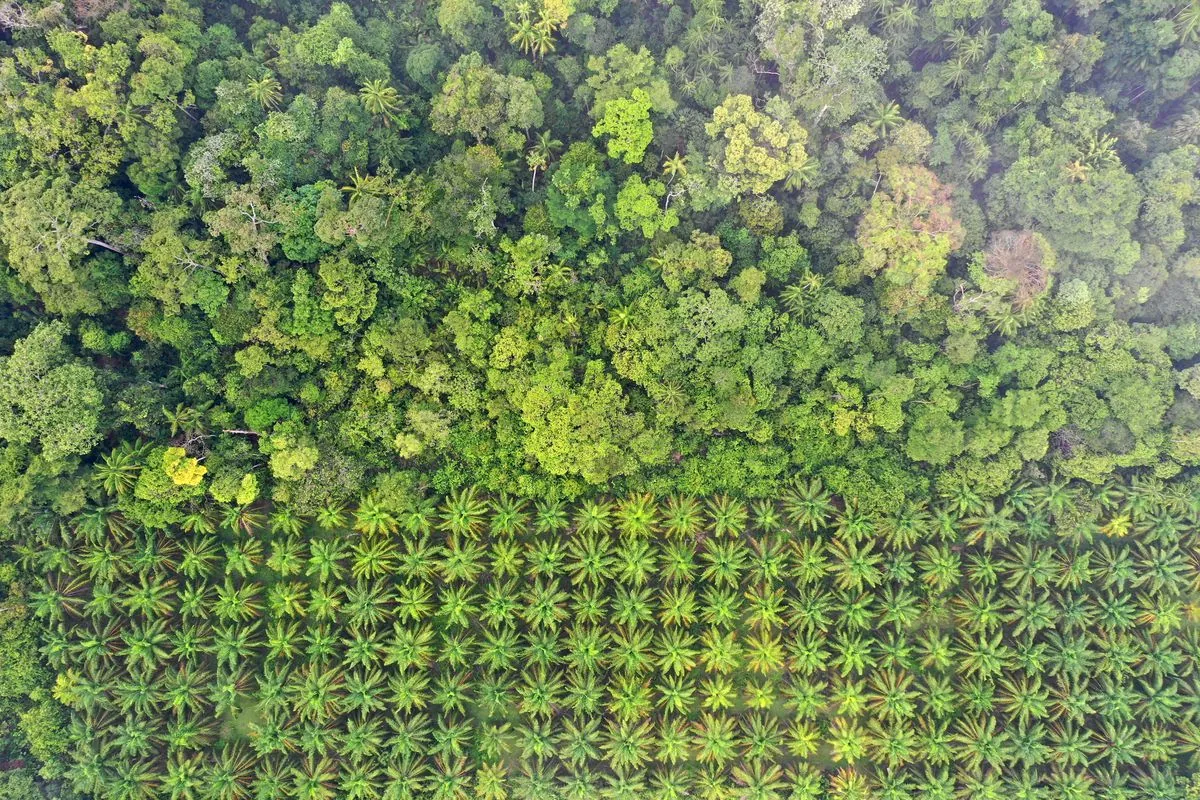Malaysia has expressed hope for more accommodating European Union (EU) policies regarding sustainable practices, following a proposal by the European Commission to postpone the implementation of a law banning imports of products linked to deforestation. This development comes as the palm oil industry, a significant contributor to Malaysia's economy, faces scrutiny over environmental concerns.
Johari Abdul Ghani, Malaysia's Plantation and Commodities Minister, addressed the issue at a palm oil conference, stating that the proposed one-year delay could provide producing countries with necessary time to align their policies and comply with EU requirements. The original implementation date for the EU law was set for December 30, 2024, but with the proposed delay, it could be pushed to December 30, 2025.
Malaysia, the world's second-largest palm oil producer after Indonesia, has been at the forefront of sustainable palm oil production. The country has implemented various measures to ensure sustainability, including the Malaysian Sustainable Palm Oil (MSPO) certification scheme introduced in 2015. This mandatory certification aims to promote responsible practices across the industry, which employs over 600,000 smallholders and contributes 5-7% to Malaysia's GDP.
The palm oil industry in Malaysia has a rich history dating back to 1917, when the first commercial planting took place. Since then, it has grown to become a crucial sector, with the EU being the third-largest market for Malaysian palm oil. The versatility of palm oil, used in products ranging from food to cosmetics and biofuels, has contributed to its widespread adoption.
Johari emphasized the need for transparent benchmarking criteria to avoid unfairly labeling producer countries as high-risk. He stated, "In the spirit of trade fairness, we hope that the EU parliament will play a more accommodative role to address this matter." Malaysia has consistently worked towards meeting global sustainable targets, including a commitment to maintain at least 50% of its land area under forest cover and capping palm oil plantation area at 6.5 million hectares.
The EU's deforestation regulation, which also affects other commodities such as soy, beef, and coffee, requires companies to provide precise geolocation coordinates of where their commodities were produced. This level of traceability poses challenges for producing countries but aligns with global efforts to combat deforestation and protect biodiversity.
Malaysia's proactive approach to sustainability is evident in its nationwide ban on converting permanent forest reserves to palm oil plantations. The country aims to achieve 100% MSPO certification for all palm oil plantations and smallholdings, demonstrating its commitment to responsible production practices.
As the debate continues, the chairman of the Malaysia Palm Oil Council, a state agency established in 1990, expressed confidence that the implementation of European rules banning deforestation-linked imports will be deferred. This potential deferment could provide crucial time for producing countries to adapt and enhance their sustainability efforts.
The ongoing discussions between Malaysia and the EU highlight the complex balance between economic interests and environmental concerns in the global palm oil industry. As the highest-yielding vegetable oil crop, palm oil's efficiency in land use presents both opportunities and challenges for sustainable production.
"As for Malaysia, we are consistently working toward complying with the global sustainable targets that we have committed to the world."
As the situation unfolds, the palm oil industry in Malaysia continues to evolve, building on its century-long history since the first oil palms were brought from Africa in the 1870s. The country's efforts to balance economic growth with environmental stewardship will likely shape the future of sustainable palm oil production on a global scale.
